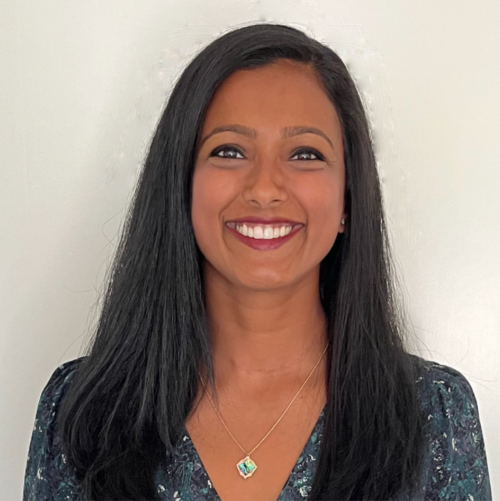Almost everyone in America is taking some sort of medication or supplement to counteract the changes in our environment and our food. How do we decide what medications we should take and which one’s we shouldn’t? It’s helpful to define what medication means in our modern day view, as a first step to changing our health, purposefully.
- Traditional medicine means a substance that is manufactured and regulated by certain governmental agencies for health promotion and disease management. These often require a prescription and are used for symptom relief or prevention of acute episodes of an illness.
- Holistic medicine refers to substances that can be manufactured (like supplements) or found in nature (like herbs or foods). These are often unregulated by governmental agencies, but are found to be safe by reputable authorities and patients around the world whose health has improved as a result of these substances.
- Integrative medicine combines both traditional medication and holistic medications. This approach of medicine also includes therapies that are not substances, but techniques that have direct impacts on hormones such as cortisol. Examples include meditation, exercise, or a number of other mind-body therapies.
For years, I struggled with weight fluctuations, mood changes, overwhelming fatigue, and other thyroid symptoms that I thought weren’t a big deal. I considered myself healthy, because I exercised, ate fruits and vegetables, and I followed doctors’ orders to take whatever dose of thyroid medication they thought was appropriate. When I was diagnosed with metastatic thyroid cancer at 36 years old, I realized that those symptoms were a big deal. I also realized that I couldn’t blame these doctors for not investigating further because I didn’t advocate for myself and assumed they knew more than I did about my own body. Expecting someone else to fix you will never result in full recovery from any illness.
There are traditional and holistic components of my continuous healing, which I believe have a lot to do with living a cancer free life and not fearing recurrence. Because my thyroid has been completely removed, I have to take a traditional medication, called NP Thyroid, that functions as a comparable replacement for a healthy thyroid. It does an excellent job of regulating my hormones and my metabolism, so that I feel no symptoms of thyroid dysfunction. An open-minded primary care provider or oncologist can be helpful in managing your traditional medicine.
If you ask any cancer patient, the symptom that never seems to go away and overwhelms us is fatigue. Cancer fatigue feels like a beautiful sunny day, with periods of overcast that make you feel like a rain storm is coming. This is why I take holistic medications, to strengthen the other parts of my body, instead of focusing solely on my thyroid. I take supplements and eat whole foods that strengthen my methylation, my vitamin and nutrient deficiencies, and my immune system. A competent functional medicine or naturopathic provider can help you manage your holistic medicine.
A truly integrative approach combines the above medicines plus mind-body therapies. Changing our view of medication to include these techniques helps us gain control over our care and healing. I view meditation and exercise in the same way I view my NP Thyroid pill. I have to take all three medications every day if I want to encourage healthy cells to grow and discourage cancer cells from growing. The NP Thyroid stabilizes my metabolism, while meditation and exercise stabilize my cortisol levels, despite the fluctuating stresses happening from day to day. I have had to change my practitioners a few times to find those who ask me thoughtful questions, are humble enough to say they don’t know everything, and are up to date on recent evidence related to nutrition and lifestyle impacts on disease. You are your own practitioner when it comes to your body. Only you can recognize (and change) your body sensations, your emotions, and determine what works for your unique body.
Follow us on Facebook, Instagram, or LinkedIn, and feel free to email us at [email protected] for the latest on all things cancer.
Cindy, The Cancer Team

